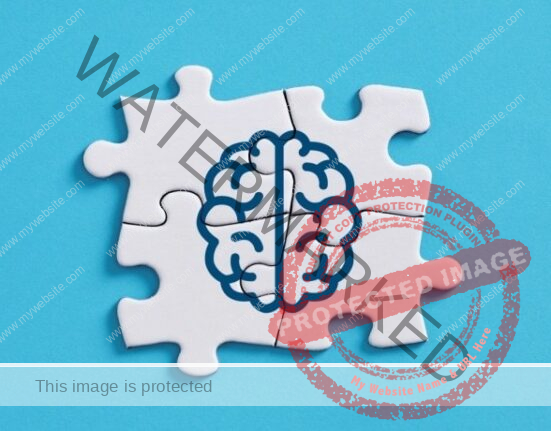Embracing Dogen’s Philosophy of Non-Thinking in Leadership and Learning
As someone involved in developing eLearning courses and always looking for innovative ways to engage learners, I found a recent blog post discussing Dogen’s concept of “non-thinking” quite intriguing. The article delves into how Dogen’s philosophy can offer a fresh perspective on leadership, learning, and development in today’s fast-paced corporate world.
Dogen challenges the conventional belief that effective decision-making hinges solely on analytical thinking with his idea of “non-thinking.” He proposes that true wisdom arises when the mind is in a state of serene clarity, not suppressing or engaging thoughts. This state of non-thinking allows for heightened awareness and intuition, which can be extremely beneficial in leadership positions.
Understanding the Three States of Mind
Dogen introduces the concept of three states of mind: “thinking,” “not thinking,” and “non-thinking.” Each state represents a different level of mental activity, with “non-thinking” being the pinnacle of pure awareness and clarity. In a world where excessive thinking can lead to exhaustion and decision-making paralysis, Dogen’s teachings offer a way to balance cognitive rigor with emotional clarity and mindfulness.
Integrating Dogen’s philosophy into leadership and training settings can help individuals access their intuition, make informed decisions, and cultivate a sense of “flow.” By moving beyond traditional cognitive frameworks and adopting non-thinking practices, leaders can foster creativity, innovation, and breakthrough thinking within their organizations.
Application of Non-Thinking in the Business World
Companies such as Google and Salesforce have already acknowledged the advantages of mindfulness practices in enhancing focus, creativity, and resilience among their workforce. Initiatives like Google’s “Search Inside Yourself” encourage mindful breathing before meetings, creating an environment for clear and focused discussions.
Dogen’s teachings on non-thinking can revolutionize how we approach corporate learning. By integrating non-thinking practices into training programs, we can facilitate deeper learning experiences and encourage participants to process information in a non-cognitive manner. This approach aligns with the principles of experiential learning, where insights arise from practice and reflection rather than direct instruction.
In essence, Dogen’s advocacy for non-thinking as a valuable framework for professionals in leadership, learning, and development offers a novel path forward in the dynamic work settings of today. By nurturing environments of mindful awareness and non-thinking, we can unleash the full potential of our leaders and learners, fostering innovation and advancement within our organizations.
If you wish to explore Dogen’s philosophy on non-thinking further and its implications for leadership and learning, I recommend reading the original blog post Corporate Training and Non-Thinking – What’s the Connect?.
For additional insights on eLearning trends and strategies, feel free to check out my blog or visit our Prebuilt Courses section, where you can access customized courses on various topics: Prebuilt Courses.
















